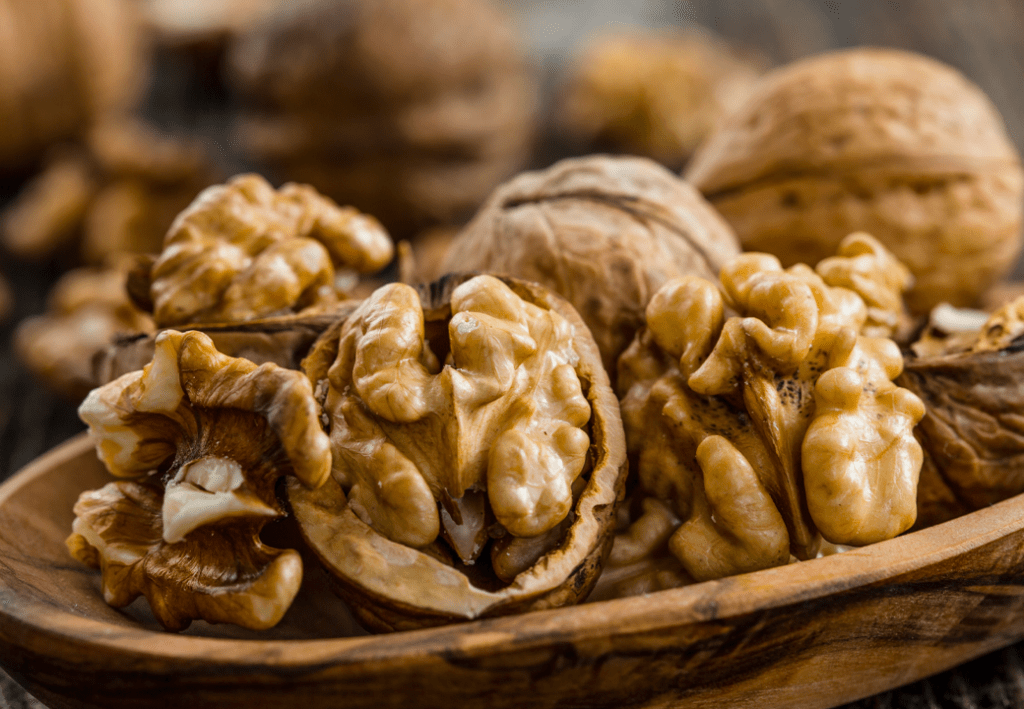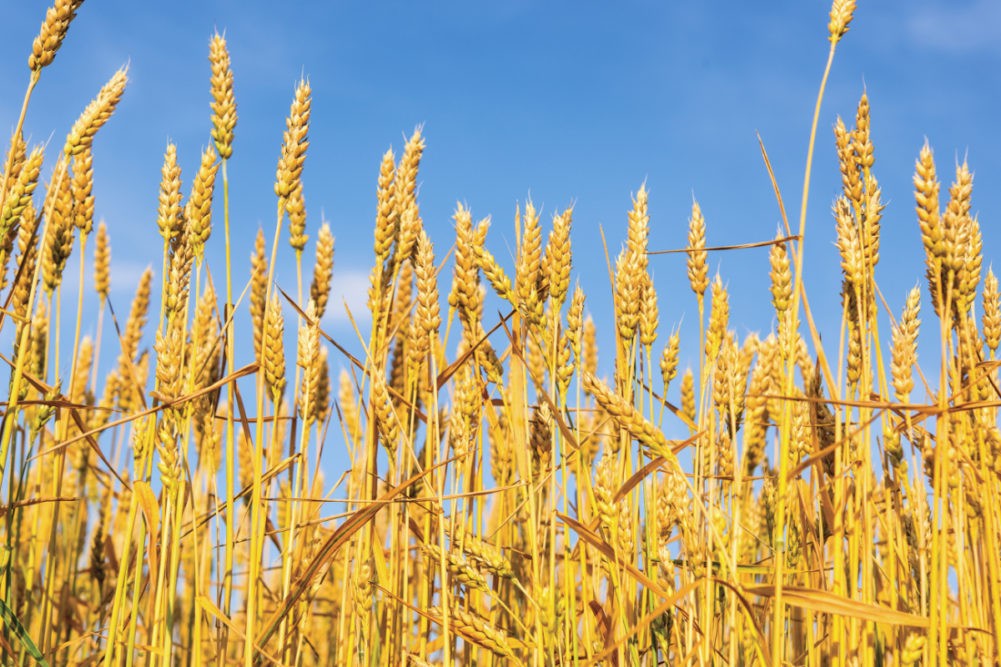Walnut
A walnut is the edible seed of any tree of the genus Juglans, particularly the Persian or English walnut. Walnuts without shells are 4% water, 15% protein, 65% fat, and 14% carbohydrates, including 7% dietary fiber. In a 100-gram reference serving, walnuts provide 2,740 kilojoules (654 kcal) and “rich” amounts (20% or more of the Daily Value or DV) of several dietary minerals, particularly manganese at 163% DV; along with significant amounts of B vitamins. “Supportive but not conclusive research shows that eating 1.5 ounces (43 g) per day of walnuts, as part of a low saturated fat and low cholesterol diet and not resulting in increased caloric intake, may reduce the risk of coronary heart disease. Also diets including walnuts can reduce the risk of heart disease



